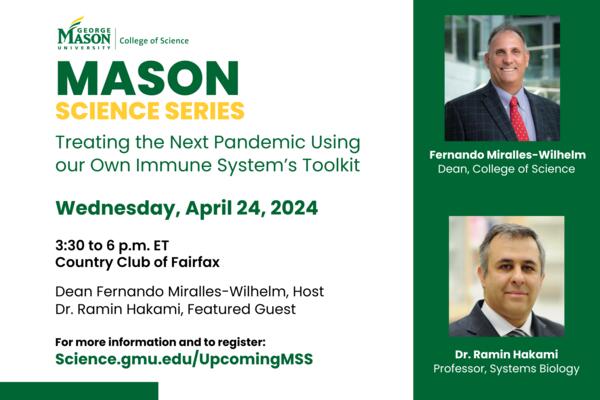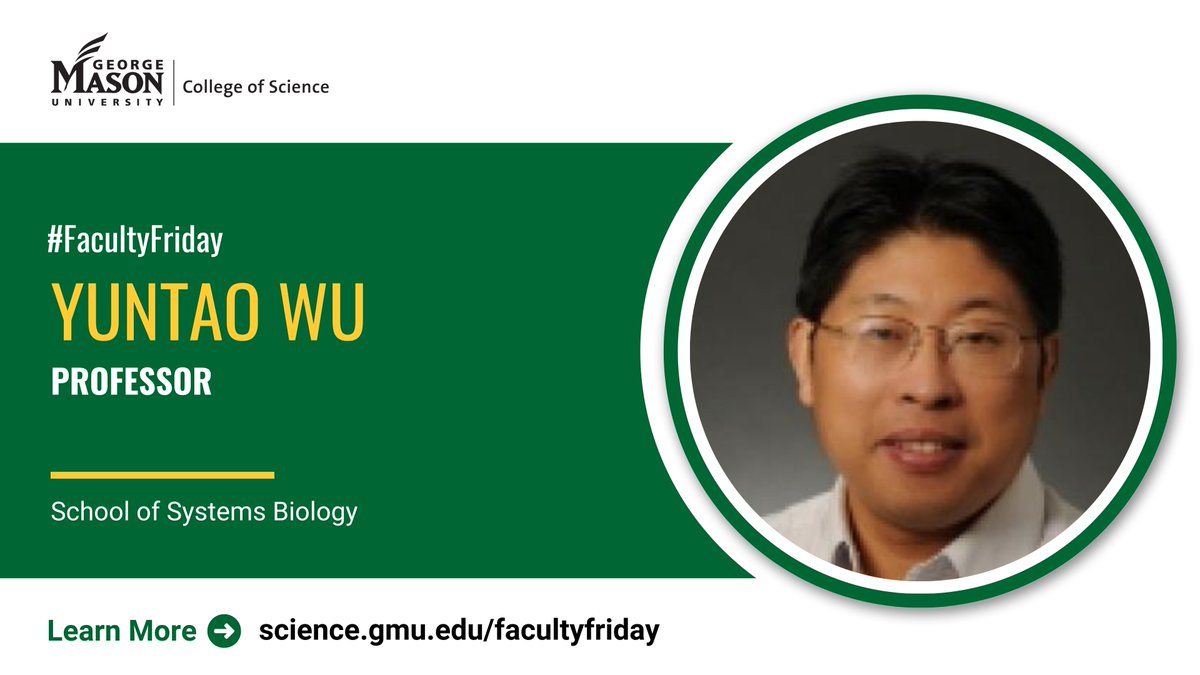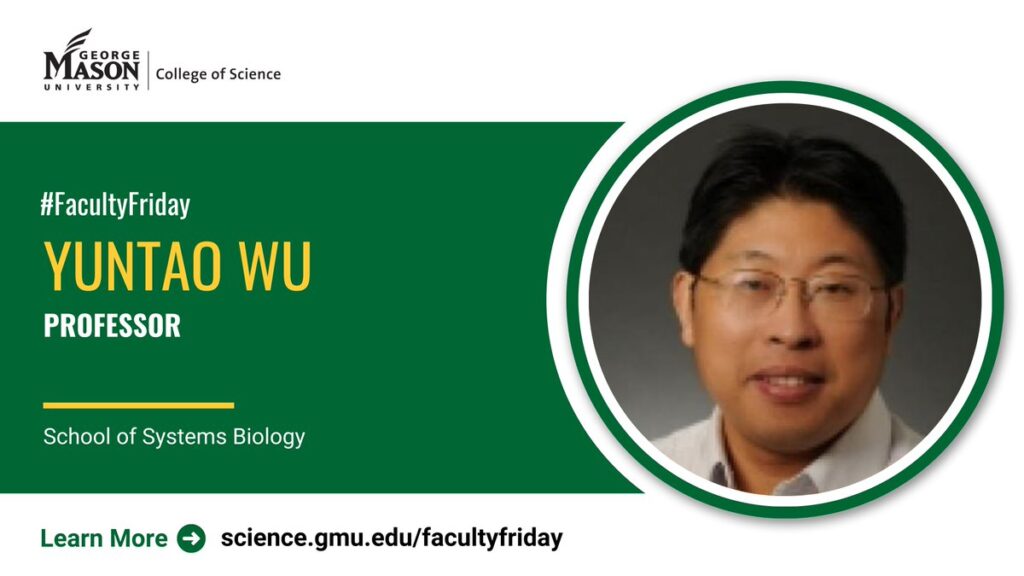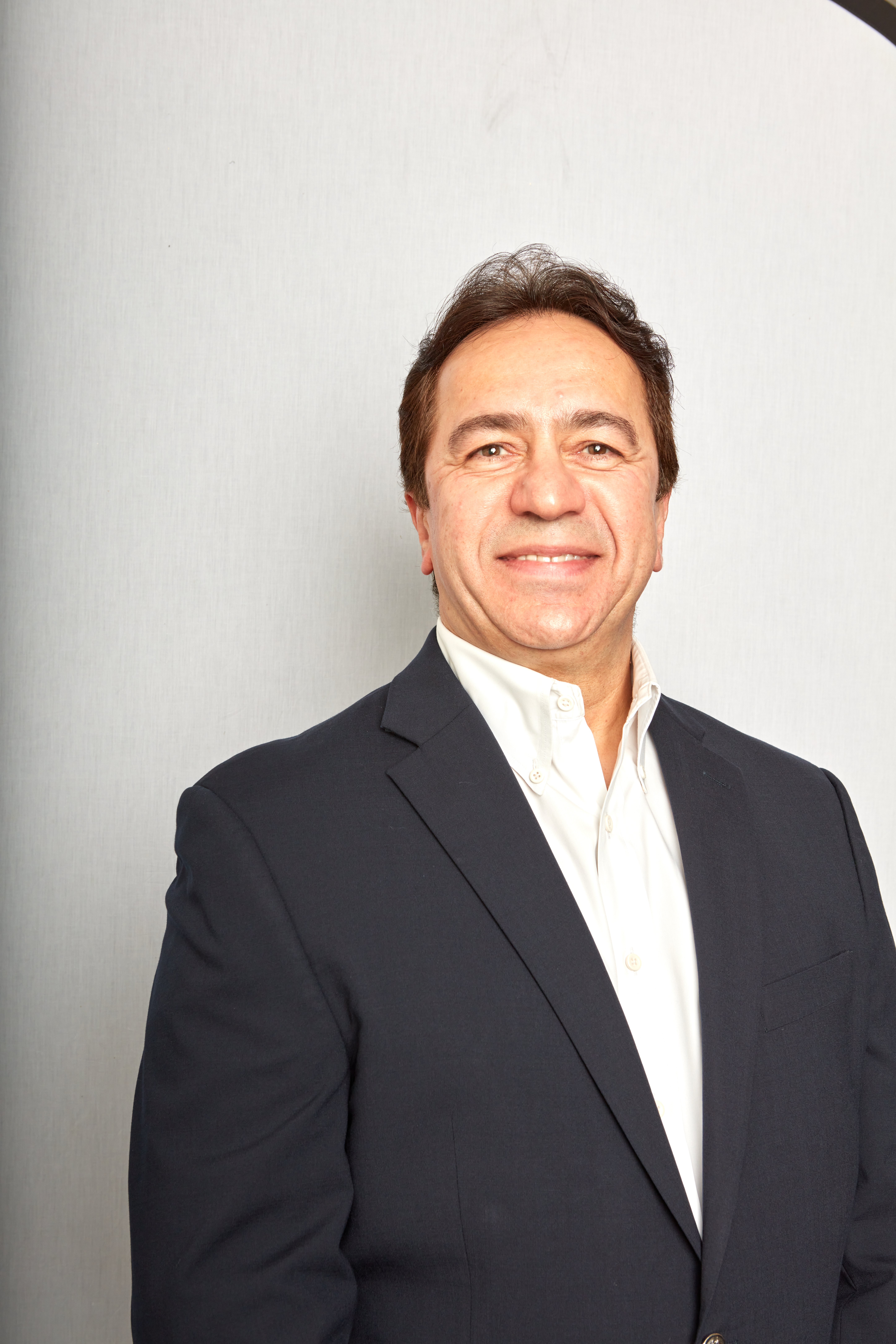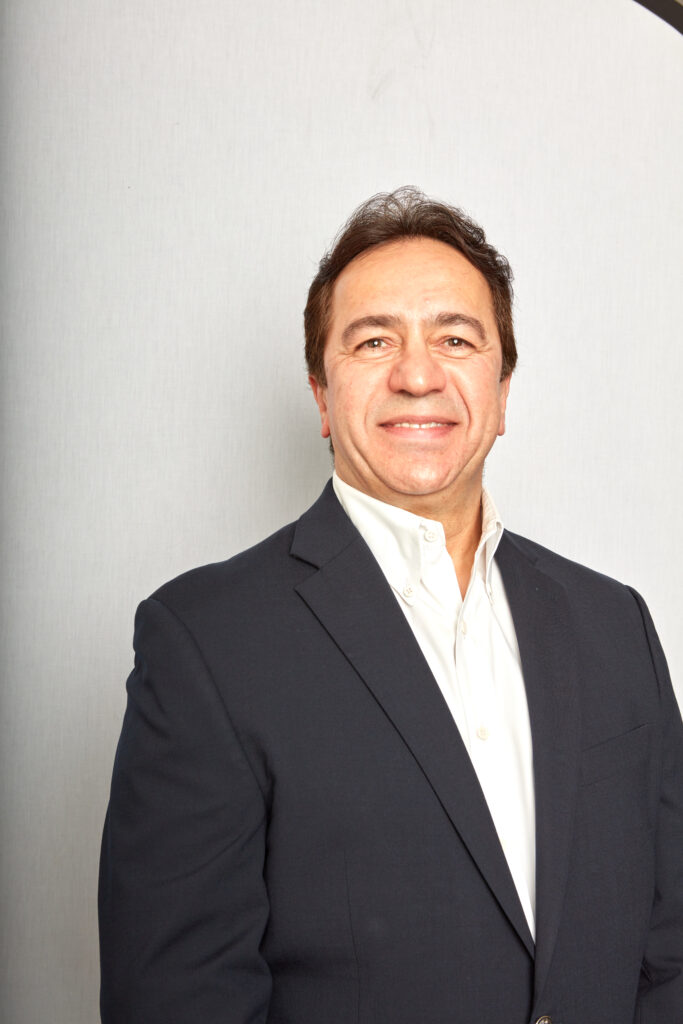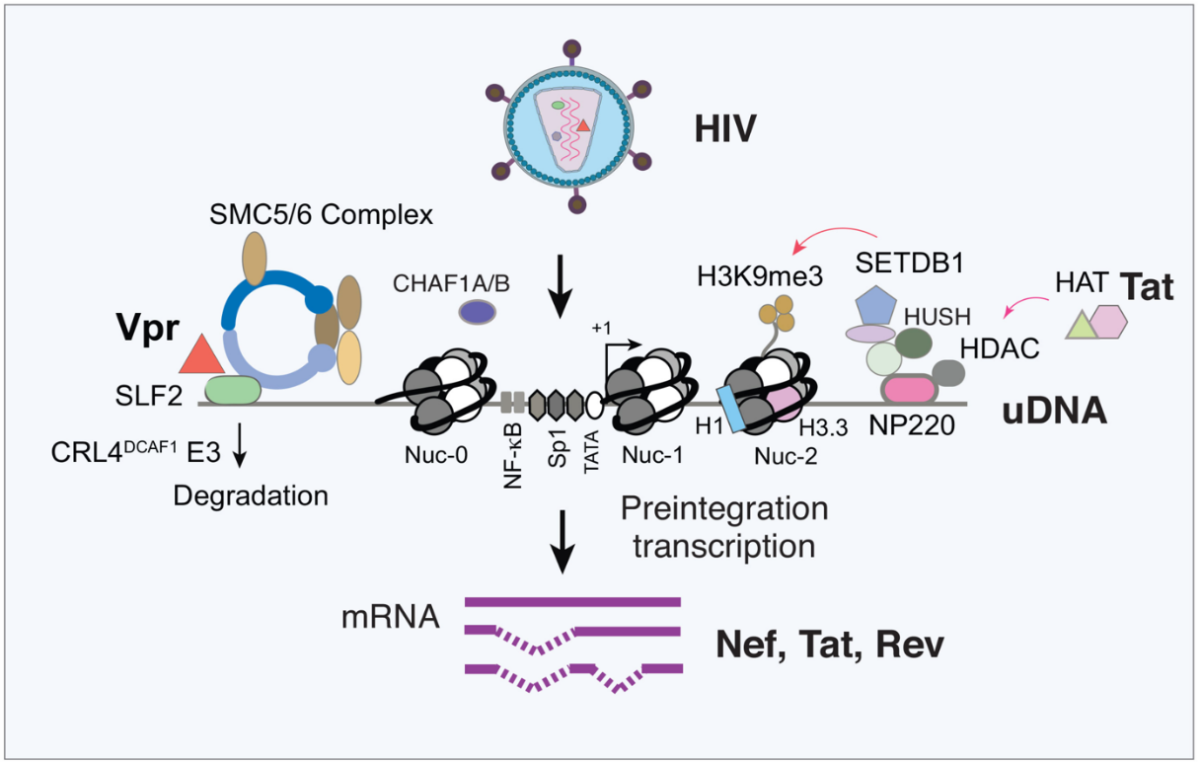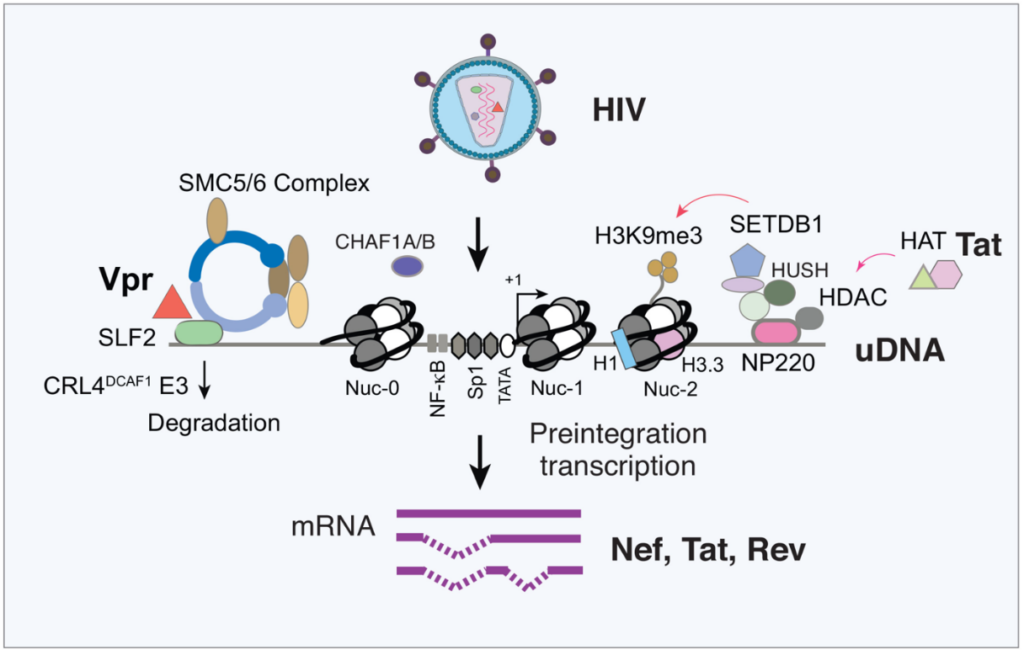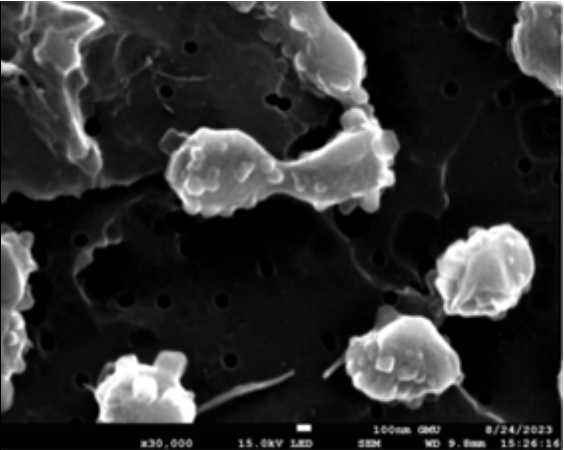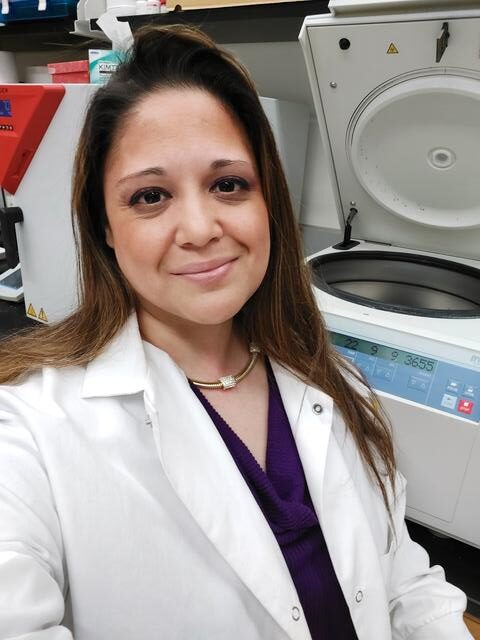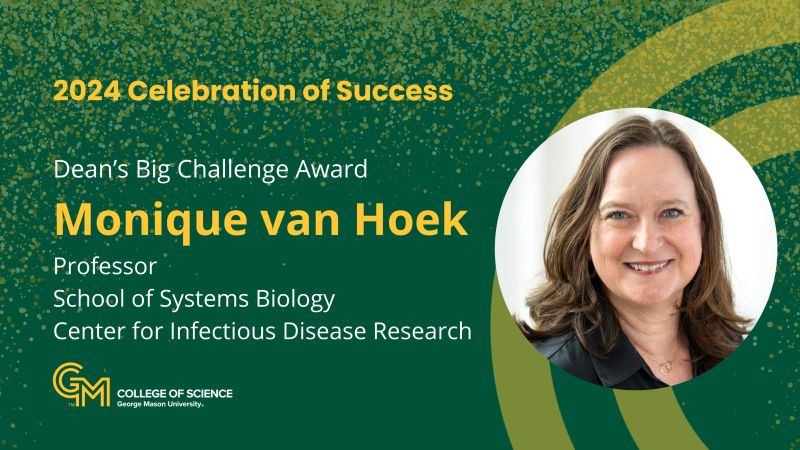
This #FacultyFriday congratulates Monique van Hoek, a professor in the School of Systems Biology, for earning the Dean’s Big Challenge Award! van Hoek pioneers innovative solutions to combat antibiotic-resistant bacteria using antimicrobial peptides. Her latest discovery, GATR-3—derived from an alligator peptide—has shown remarkable effectiveness in killing some of the most resistant bacteria responsible for chronic wound infections. This breakthrough holds significant promise for patients with conditions like diabetes and soldiers with severe wounds, offering new treatment options for difficult-to-treat infections.
In collaboration with Barney Bishop from the Department of Chemistry and Biochemistry, van Hoek has advanced GATR-3 through pre-clinical testing with support from the Joint Warfighter Program. With more than 60 publications and five patents, she is a recognized leader in her field. van Hoek also mentors 15 to 20 graduate students annually in her lab at the Center for Infectious Disease Research.
Recently, she and her collaborators received a Virginia Catalyst grant to develop a hydrogel for delivering antibiotics to surgical and orthopedic infections, further expanding her impact in the fight against bacterial resistance.
Learn more about van Hoek and all our Dean’s award winners: https://lnkd.in/eDTn_i_t

